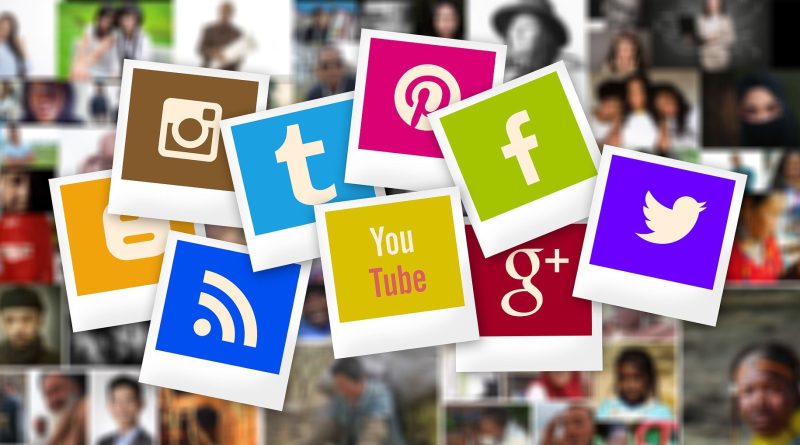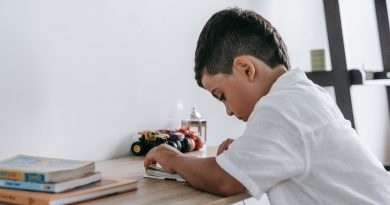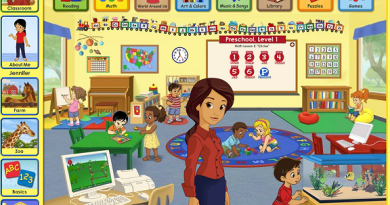7 Negative Effects of Social Media on People
It’s no secret that social media has its effects on users – both positive and negative. But what exactly are these effects? In this article, we’ll take a look at seven of the most common negative effects of social media on people.
1. Social media can cause feelings of envy and jealousy.
Anyone who spends any time on social media knows that it can be a breeding ground for envy and jealousy. We are constantly presented with images of our friends and acquaintances living their best lives, which can make it hard to appreciate our own lives. In addition, social media can fuel a comparing mindset, in which we compare our own lives to the seemingly perfect lives of others which may increase perceived social isolation. This can lead to feelings of inadequacy and dissatisfaction. Additionally, social media can provide a distorted view of reality, leading us to believe that everyone else is happier and more successful than we are. All of these factors can combine to create a perfect storm of envy and jealousy. If you find yourself feeling envious or jealous after scrolling through your social media feeds, take a break and focus on the things in your real life that you are grateful for.
2. Social media can cause mental health problems.
From cyberbullying and body shaming to the constant comparing of our lives to others, it’s easy to see how social media can take a toll on our mental well being. Numerous studies have shown the negative impacts of social media, particularly on young adults. For example, one study found that increased social media use is associated with an increased risk of poor mental health, depressive symptoms and anxiety. Another study found that people who spend more time on social media are more likely to report feelings of loneliness and isolation. And a recent survey found that nearly 60% of people say social media has caused mental health issues. So if you’re feeling down, it might be time to take a break from your newsfeed. Spend time with loved ones, get outside, and do something that makes you happy. Your mental health will thank you for it.
3. Social media can make you more self-conscious.
The constant stream of images on social media platforms can be overwhelming, and it can be easy to get caught up in comparing ourselves to others. Social media habits can lead to feelings of self-doubt, inadequacy, and low self-esteem. In addition, research has shown that social media use is associated with an increased risk of body dysmorphic disorder, a condition characterized by an excessive preoccupation with one’s appearance. So if you find yourself feeling down about your looks, it might be time to take a break from social media. Focus on the things that make you unique and special, and remember that the pictures you see on social media are often not an accurate representation of reality.
4. Social media can make you less productive.
Like anything else, social media has its negatives. When used in excess, it can lead to a decrease in productivity. This is because it can be distracting, pulling your attention away from what you should be focusing on. Additionally, social media can be a time-suck, eating up hours that could be better spent working or enjoying hobbies and activities outside of the virtual world. Finally, social media can fuel comparison and envy, leading to negative emotions that can impact your mood and motivation levels. So if you find that you’re spending more time scrolling through your feed than getting things done, it might be time to take a break from social media. Disconnecting from the virtual world can help you reconnect with the real world, and that can be good for your mental and physical health.
5. Social media sites can negatively impact your relationships.
Social media has become an integral part of our lives, but it can also have a negative impact on our relationships. When we spend more time staring at our screens than we do talking to the people around us, we can start to feel disconnected from the people who matter most. We may also find ourselves comparing our own lives to the highlight reel of other people’s lives that we see on social media, which can lead to feelings of jealousy and inadequacy. Additionally, social media can be a breeding ground for negativity, gossip, and drama. By spending less time on social media, we can focus on building strong, healthy relationships with the people in our lives.
6. Social media can make you more prone to FOMO.
Studies have shown that spending too much time on social media can lead to feelings of loneliness and isolation. It can also make you more prone to anxiety and depression. But did you know that social media can also make you more susceptible to something called “FOMO”? FOMO stands for “fear of missing out.” And it’s pretty much exactly what it sounds like. It’s the feeling of anxiety or insecurity that you get when you see other people doing something fun or interesting that you’re not a part of. And unfortunately, social media is often a breeding ground for FOMO. Seeing all of your friends in your different social media accounts and acquaintances living their best lives can make you feel like you’re falling behind. But it’s important to remember that social media only shows one side of the story. People tend to post the highlights of their lives on social media, while keeping the less desirable aspects hidden. So don’t compare your behind-the-scenes reality to everyone else’s highlight reel. That’s not a fair comparison. And it’s not an accurate representation of what’s really going on.
7. Social media can be addictive.
The constant stream of notifications and updates can be overwhelming, and users can quickly become addicted to the positive reinforcement they receive from likes and comments. Additionally, social media usage can have negative impacts on mental health. Constant comparison to others can lead to feelings of inadequacy, and the pressure to maintain a perfect online persona can be damaging. Moreover, social media addiction can lead to isolation and loneliness. While it is important to stay connected, it is also important to balance online and offline relationships. Too much time spent on social media can take away from real-world interactions, making it difficult to connect with others in person. If you find yourself feeling addicted to social media, it is important to take a step back and reassess your relationship with it. Spend less time on your phone or tablet, and make a conscious effort to disconnect from the virtual world every once in awhile. Too much of anything is never a good thing, and that includes social media.
Conclusion
Social media can have some negative effects, but that doesn’t mean you should avoid it altogether. Just be mindful of how much time you’re spending on social media, and try to balance your online and offline relationships. If you find yourself feeling addicted or overwhelmed, take a step back and reassess your relationship with social media. And remember, the highlight reel you see on social media is only one side of the story. Everyone has ups and downs, and no one’s life is perfect. So don’t compare yourself to others. Just focus on living your best life, and treat social media as a supplement to that, not a replacement.



